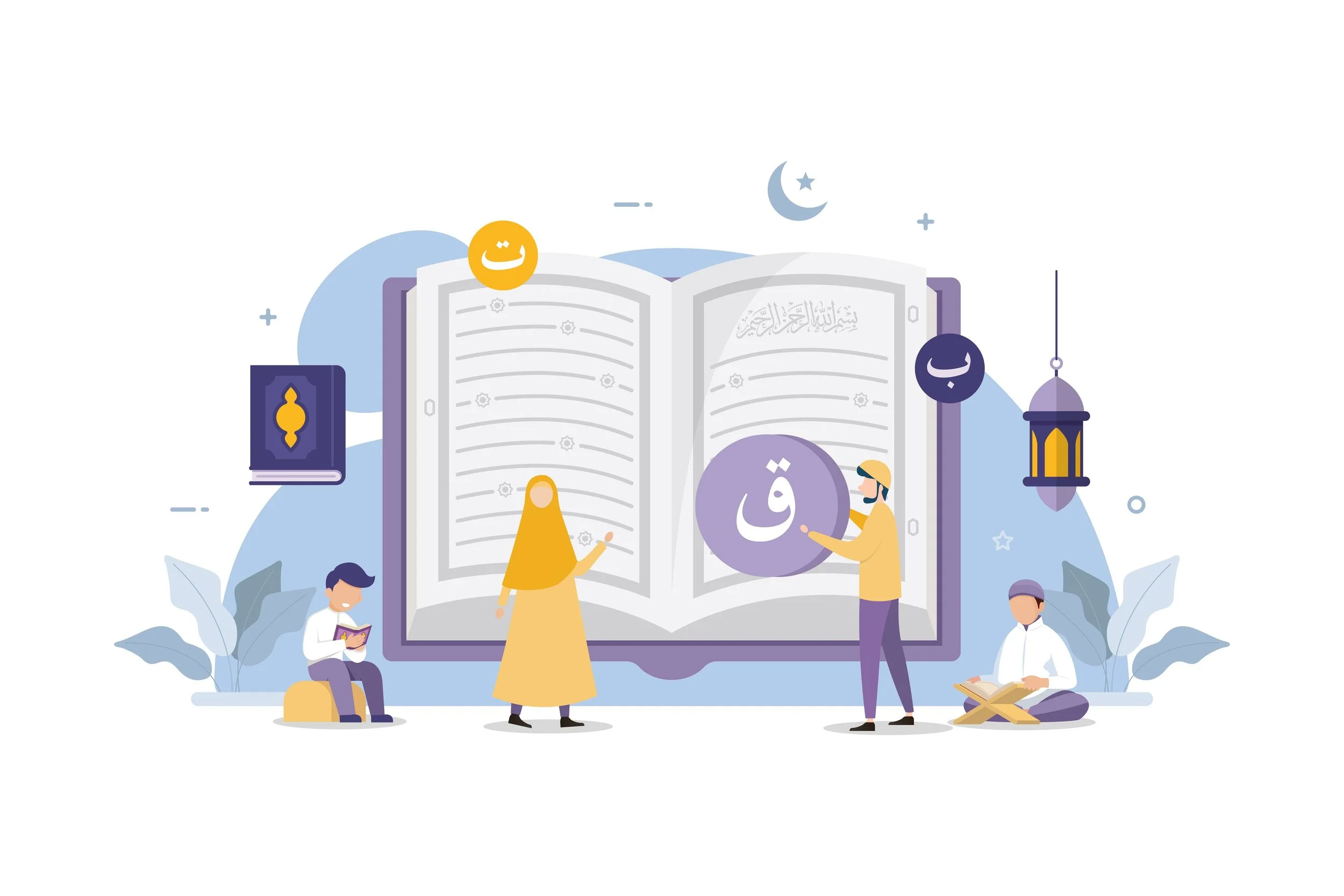Perhaps the most powerful question I have ever learned to ask is: “Are we solving the right problem?”
We’ve all come across situations where we get caught up in the complexities of situations, lose sight of the true goal, or get so excited about a potential solution that we skip the due diligence required to vet it out. Phrases like missing the forest for the trees, or if you have a hammer, everything looks like a nail come to mind in this regard.
While this hadith was in the context of warning against showing off (riyaa), it does alert us to the idea that there may be serious issues or ideas that can fly under our collective radars - especially if such ideas are pervasive in our culture and part of the zeitgeist.
Spoiler alert: When people say they’re doing their own research, they are, in fact, not doing their own research.
We all like to think we are consistently driven by our values. The reality is, we fall into opinions-based advocacy more often than we like to admit.
There arises an inevitable and unbridgeable gap between what you’d ideally like to do and what you actually can do. … premodern people weren’t much troubled by such thoughts, partly because they believed in an afterlife: there was no particular pressure to ‘get the most out of’ their limited time, because as far as they were concerned, it wasn’t limited, and in any case, earthly life was but a relatively insignificant prelude to the most important part. …. Secular modernity changes all that. When people stop believing in an afterlife, everything depends on making the most of this life.
There’s a hadith I’ve heard a million times. It’s one of those that you hear all through Sunday school and then over and over again in various khutbahs and talks.
It’s the famous story about when the Prophet (s) said, “A man from the people of Paradise is coming upon you now.” An Anasri man whose beard was wet from wudu and carrying his shoes came into the masjid. The next night, he (s) said the same thing, and the same man entered. And the next night as well…
Prophets, by definition, had to excel at skills such as leadership, communication, responsibility, conflict resolution, change management (how’s that for working in a corporate buzzword reference), emotional intelligence, and the list goes on. Certainly, it can be argued that Allah (swt) blessed them with innate ability and talent. The Prophet (s) hinted at something else as well.
Do I give up on my dreams? Or keep chasing them? Am I being resilient? Or am I being naive?
Maybe it’s a dream you’ve had since childhood like becoming a professional athlete or an astronaut. It could be a passion like opening a coffee shop or creating a top-selling video game. It might even be your persistence in finding a cloud architecture solution to a complex data issue no one else thinks is possible.
Ramadan is around the corner, and some of us may not have touched a mushaf since last Ramadan. Maybe even longer. This is the month to change that. This article will present 5 different ways you can engage with the Qur’an to better your relationship with it.
Instead of overcoming self-limiting beliefs, believing you are destined for greatness may be the most self-limiting belief you can have.









